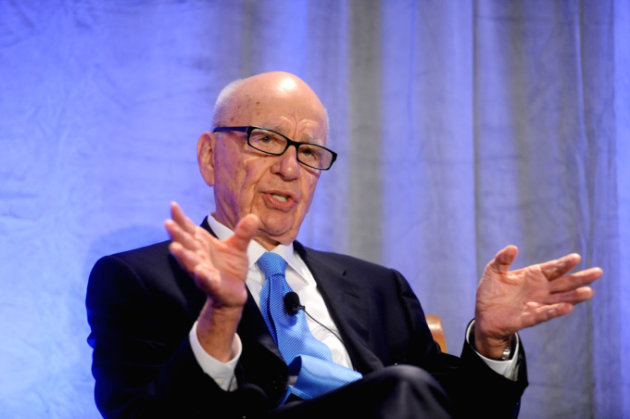Young adults suffer social network fatigue
BY MATT HUSTON
(
The Philadelphia Inquirer) The world's most popular website started in a college dorm room, and for some users it stops there, too.
Though Facebook currently claims a tenth of the world's population in monthly users, many in its original demographic, young adults, have attempted, sometimes successfully, to go against the grain. Call it Facebook fatigue, social network sickness, sensory overload: It's not unusual for college-age users to call it quits.
At least for a little while.
Colleen Andrews, 24, a graphic designer from Far Hills, N.J., was spurred by a breakup: "I didn't want to be tempted to look at his profile," she said. She dumped her own Facebook profile in September.
| "People get angry at you," said Cara O'Keeney, 22, a College of New Jersey senior. She deactivated her account in September and said her friends are still sending her text messages about it." |
Laura Amatulli, a senior at the College of New Jersey, has given up the site for Lent four times.
Dan Granados, 17, of Levittown, Pa., stopped using his account a few weeks ago. For him, it's a personal challenge. "I just decided to deactivate it, see how long I could go."
The social network, along with competitors such as Twitter and the recently launched Google-plus, is ingrained in the everyday lives of students and young professionals who came of age as social networking was on the rise. But Facebook, with a huge initial public offering expected this spring, looms largest.
Those who quit Facebook give a variety of reasons: superficial connections, inappropriate posts, distraction from work or other activities. Stepping away from the constant data feed can be a relief, they say.
According to Zizi Papacharissi, head of the Department of Communication at the University of Illinois-Chicago, the reason people leave Facebook is tied to the reason they start using it in the first place. They are "balancing social opportunity with risk," she said. Those who give it up are the ones who decide that the costs outweigh the benefits.
"Maybe it's taking up too much time, maybe it's taking up too much effort," Papacharissi said. Another complaint is oversharing. The average number of Facebook friends per user is 245, according to a Pew Research Center sample. But these connections don't always amount to information that users actually want to pay attention to.
"I'd say there was a good 200 people that I either didn't know very well or didn't know at all," Granados said.
Derek Snyder, 20, a student at Indiana University of Pennsylvania, said he was unhappy with the amount of drinking photos and other posts he deemed inappropriate.
He prefers Twitter: "No pictures, easier to use, nobody talking drama on you or anybody else."
The pull of Facebook, however, is not always easy to escape. So prevalent is the site among young people, some ex-users face personal temptation and even complaints from their friends.
"People get angry at you," said Cara O'Keeney, 22, a College of New Jersey senior. She deactivated her account in September and said her friends are still sending her text messages about it.
Papacharissi stressed that Facebook is a real domain for friendship.
"You want to think of Facebook as just a different place where people interact," she said. "Just like you go with your friends to the bar or to the movies ... Facebook is just another place."
Admitting the possibility that they might go back, former Facebook users cited the desire to keep in touch with graduating friends, meet new roommates and maintain a social connection that they started to take for granted.
But the social media giant is undoubtedly here to stay, Papacharissi said. Colleges and universities themselves are on Facebook these days.
"It is more and more difficult for people to leave Facebook because it's become very much a social institution," she said. "A service like Facebook will continue to the point of ubiquity. It will be like social wallpaper."







